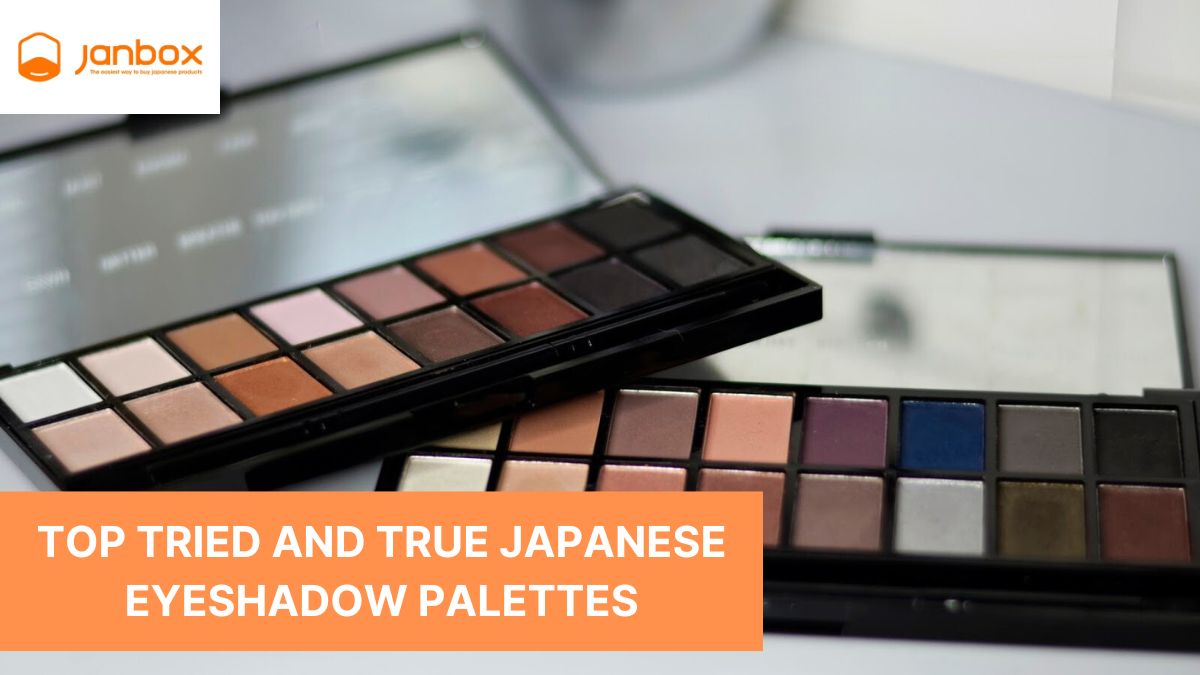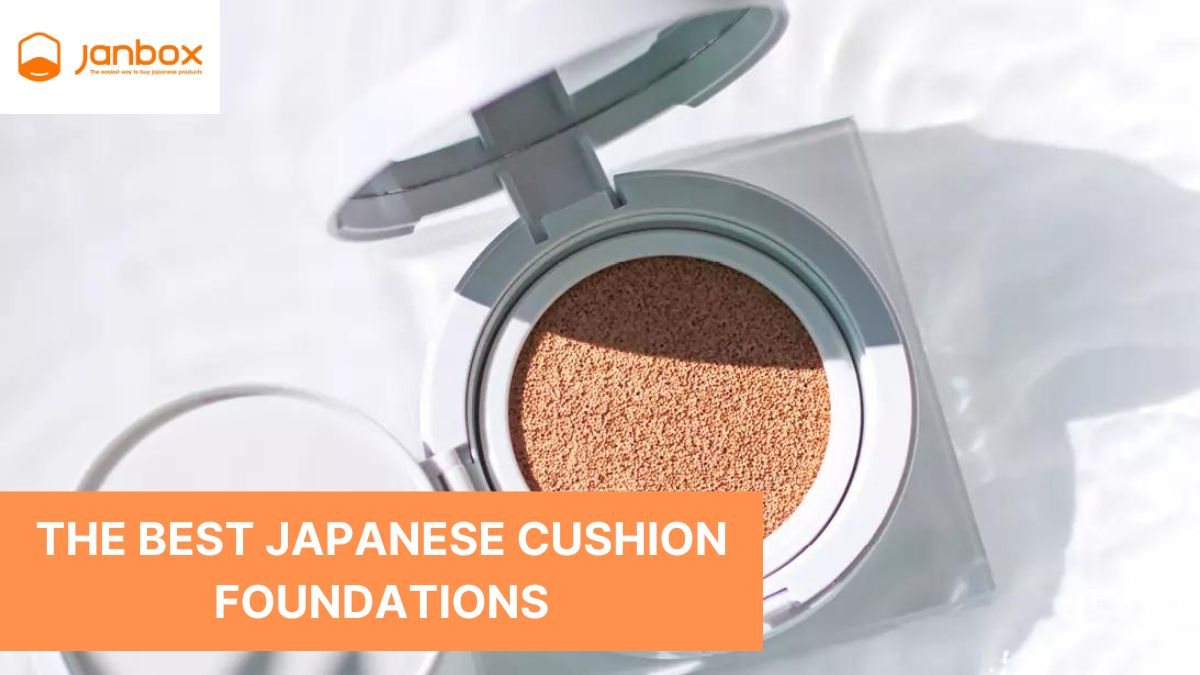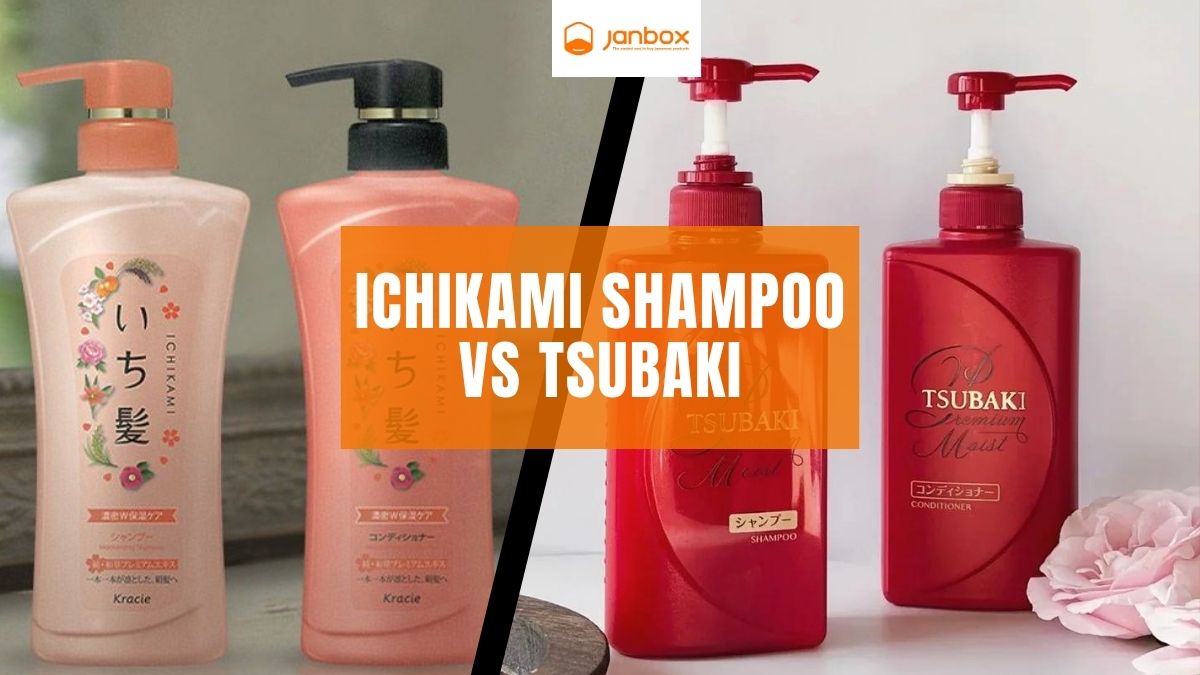Making Japanese matcha powder a part of your daily wellness routine is more than just a cultural craze; it also has a number of restorative benefits. Drinking matcha is never a chore because of its delicate and beautiful flavor and remarkable superfood properties. In this article, you will learn how to correctly use Japanese matcha green tea powder.
I. Origin of Japanese Matcha Powder
The earliest powdered tea, and hence the initial steps toward today’s matcha powder, was developed during China’s Song Dynasty (960 1279). To make harvested tea easier to transport and protect it from rot, steamed and dried tea leaves were mixed into a powder and pressed into bricks. It could be readily transported in this form, either for travel or for shipment to markets across China and beyond. The squeezed tea powder did not deteriorate.
The famed Buddhist monks Saicho and Kukai are thought to have introduced the first tea seedlings to Japan from their trips to China in the 9th century, while another monk named Eichu is widely credited for popularizing green tea among Japanese nobility. It is reported that Eichu served it to Emperor Saga personally. The Emperor enjoyed the beverage so much that he ordered green tea plants to be established in today’s Kansai area in 816. However, the tea offered to the monarch was not yet matcha.
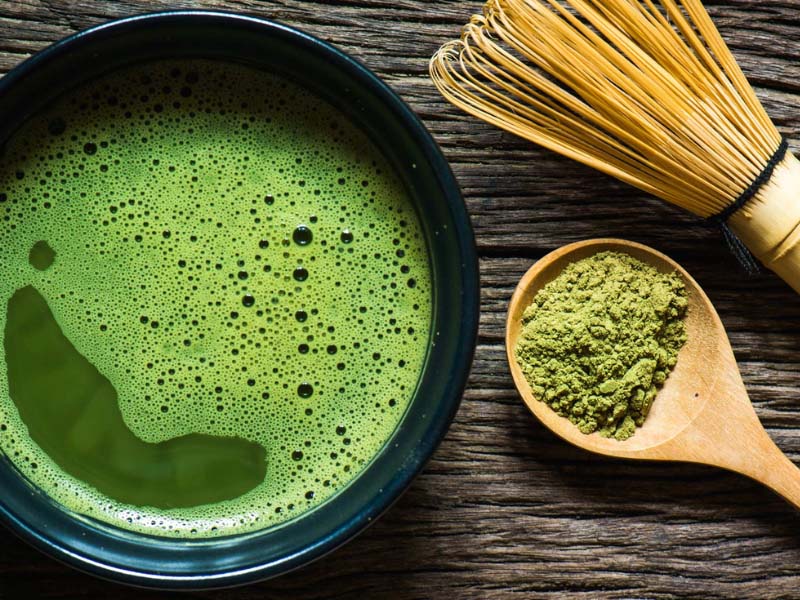
Matcha’s narrative begins a few hundred years later. Matcha, like so many other traditional Japanese traditions and practices, may be traced back to Buddhism, namely Zen Buddhism. Myoan Eisai (1141 1215), a Tendai sect monk, journeyed to China in 1187, only to discover two things: tea seedlings and Zen texts. The notion of powdered tea was initially discovered by Chinese monks.
Breaking off a portion of a green tea brick and then grinding it to a fine powder using a mortar and pestle before whisking it in hot water made for a pleasant beverage that helped the monks remain awake during their long meditation periods. While tea powder was eventually abandoned in China, the technique was particularly welcomed by Japanese monks.
It is clear how highly Eisai regarded the Japanese powder green tea, which explains why the beverage became so popular among the elite so quickly after its release. By the 15th century, matcha use had become imbued with Zen Buddhist ideals — Sado (茶道), the Way of Tea, or simply the tea ceremony, was formed.
>>Read more: Top 10 best places to buy matcha from Japan.
II. The benefits of Japanese Matcha powder
Matcha tea boasts ten times the antioxidants of conventional green tea, as well as a relaxing nature and a metabolism boost. It has all the advantages of green tea and so much more. Although matcha is not caffeine-free, it contains less caffeine than coffee and even black tea.
Consider these matcha tea advantages before falling in love with matcha lattes, delicate matcha tea, or even iced matcha for those hot summer days. This aromatic sweet and grassy beer has the following characteristics:
1. Reduces cholesterol
We begin all of the matcha advantages with the announcement that, sure, matcha decreases LDL cholesterol. LDL cholesterol is also known as bad cholesterol, and having too much of it can lead to heart attacks, strokes, and other major health problems that you should avoid.
Matcha can help you get rid of harmful cholesterol by increasing your HDL cholesterol levels. HDL cholesterol is also known as “good cholesterol” since it has the ability to remove debris from your arteries. According to 14 investigations on the effects of cholesterol and green tea (the base of matcha), consuming green tea drinks resulted in considerable decreases in LDL concentrations in the body.
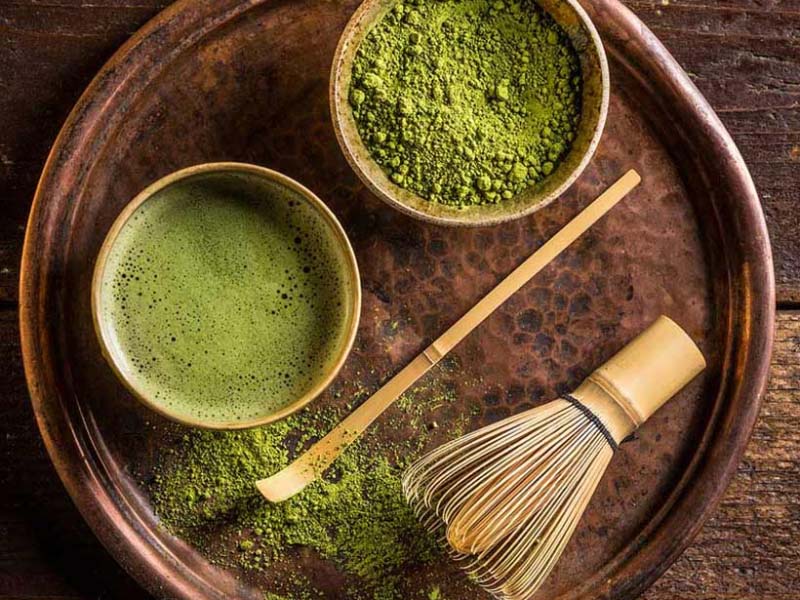
2. Safeguards the liver
Matcha may also help preserve your liver, according to several types of research. The liver is one of the most important organs in the body, and keeping it in good condition is critical for our general health and well-being. The liver is in charge of eliminating toxins and digesting nutrients – a big task, right?
For 90 days, 80 individuals with nonalcoholic fatty liver disease were given 500mg of green tea extract. Instead, it administered a placebo to some of the subjects. At the conclusion of the 12 weeks, individuals who had taken the green tea extract had lower levels of liver enzymes than the placebo group. Because it is these enzymes that cause liver damage, it appears that green tea had done its job.
3. Enhances cardiac health
Another advantage of drinking matcha tea on a daily basis is that it helps to keep your heart healthy. Even if you’re young and in good shape, it’s never too late to commit to better cardiovascular health. Catechins, one of matcha tea’s key antioxidants, have been discovered to help prevent heart disease, strokes, and heart attacks due to their anti-hypertension, anti-inflammatory, and anti-thrombogenic properties.
Catechins also have a lipid-lowering impact, which adds to their reputation as heart-healthy catechin. Sipping Japanese matcha powder as part of a healthy lifestyle that includes eating fruits and vegetables, getting plenty of sleep, and exercising will set you on track for a long and delicious life.
4. Enhances brain function
A cup of matcha tea is here to inspire your imagination. Matcha tea, which contains polyphenols, amino acids, and a high concentration of L-theanine, increases alpha waves in the brain. These wonderful alpha waves are in charge of calming the mind and helping you to focus your thoughts with clarity and ease. When you combine it with the caffeine in matcha tea, you get a combination that keeps you awake all day.
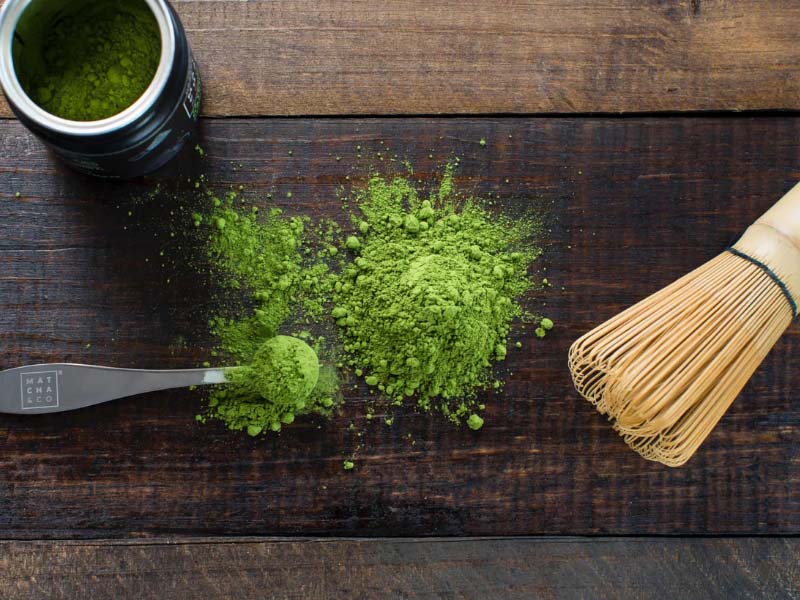
The nicest thing about the level of alertness that matcha green tea powder provides is that it is a calm clarity that keeps you linked to your sense of purpose. Research on the combined effects of L-theanine and caffeine on cognitive function and mood discovered that participants’ speed and accuracy of performance increased, as did their memory. A cup of matcha may keep you focused and clear the next time you need your intellect to shine.
5. Reduces blood pressure
While a single cup of tea does not have a significant effect on blood pressure, studies have shown that long-term tea consumption can. The participants in this research had considerably decreased blood pressure after 12 weeks of sipping tea every day. Which tea received the highest ratings and performed the best in this study? Green tea, you guessed it! This is where we bring out the mystical matcha. To lessen the danger of elevated blood pressure, just turning on the kettle requires very little effort.
6. Protects against cancer
Take a deep breath; cancer is always a major health worry. There has been research that looks at the impact tea can have on cancer-fighting qualities. We already know that matcha has a plethora of beneficial chemicals, catechins, and other immune-boosting and antioxidant qualities, including the crucial ECGC. This form of catechin has been demonstrated in animal and test-tube tests to help shrink tumor growth and destroy cancer cells. Of course, more study is needed, particularly on people and the physical effects of green and matcha tea on cancer, but we think this is a fantastic start.
7. Immune system booster
Give your immune system all it needs to be strong and fit no matter what the world throws at it. Green tea has been found in studies to boost the amount of T cells in the body. There have been a lot of discussions recently regarding T cells and immunity, and the idea that drinking matcha can raise your T cells and help lessen your risk of autoimmune illnesses is surely something to celebrate.
8. Vitamins and minerals abound
Matcha, which is high in vitamins and minerals, is here to help you achieve optimal health. Sipping matcha tea provides a surge of vitamin C, magnesium, vitamin A, and all the essential B vitamins you require. Vitamin C can help you avoid colds and flu, vitamin A can help you remove free radicals, vitamin F is great for your teeth, and vitamin P keeps your bone and cartilage health in check.
9. Aids in weight loss
Drinking matcha can increase your heart rate not only while you are resting, but also when you are exercising. If you incorporate matcha into your workout regimen, you can increase your calorie burn by a whopping 25%. That’s getting more bang for your money with your workout!
10. Assists with arthritis prevention
All of those polyphenols and beneficial components are sure to have a significant impact on lubricating your joints and keeping your limbs as flexible as possible. Antioxidants present in matcha and green tea have anti-inflammatory qualities and can even halt cartilage deterioration.
When combined with the EGCG, we’re talking about being able to help inhibit the chemicals that might cause rheumatoid arthritis, and your yoga practice suddenly seems like it could last far into your nineties!
11. Antioxidant-rich
As previously said, matcha tea has 10 times the quantity of antioxidants as regular green tea. Yes, matcha tea is the winner of all superfoods since it has the highest antioxidant rating of any consumable on the market.
The ORAC (Oxygen Radical Absorption Capacity) test revealed that matcha had a whopping 1384 units per gram. This has 125 times the antioxidant content of spinach. Matcha also has a high concentration of EGCGs (epigallocatechin gallate), which is wonderful news for people looking to decrease inflammation, combat free radicals, and prevent a variety of chronic illnesses.
Consumer Lab discovered that brewed matcha tea had more catechins per gram than brewed green tea. Green tea contains a high level of 25-86 mg per cup, so you’ll be stuffing yourself full of benefits with every drink.
12. Improves skin
Simply consuming a cup of matcha tea can give your skin a beautiful shine. Matcha is so beneficial to the skin that it’s even used in face masks. Those who don’t want to put on the green gunk can make do with boiling a cup or adding matcha to their smoothie.
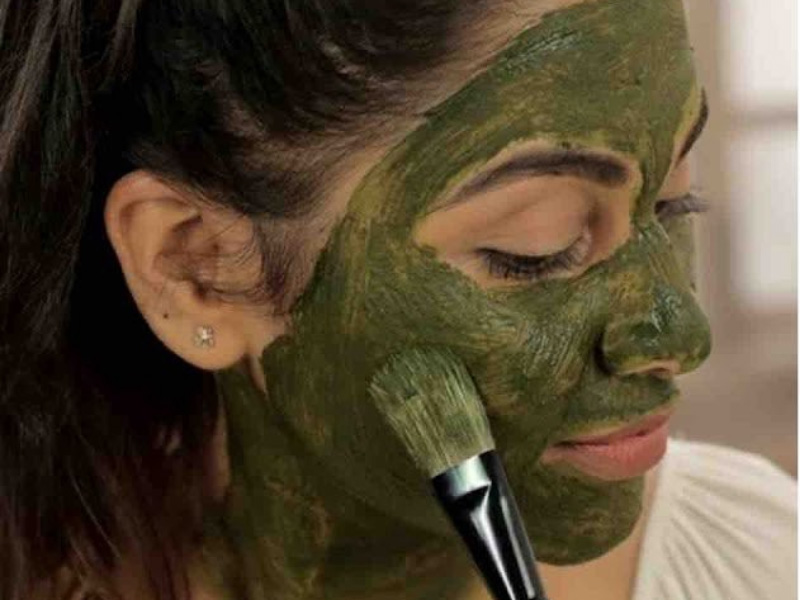
When it comes to visible indications of aging, matcha helps the skin slow down. This is because Matcha contains catechins, which assist to prevent free radicals from wreaking havoc on your skin.
Matcha is also high in antioxidants and has anti-inflammatory effects that can help calm sensitive skin. If you have rosacea, acne, or any other skin problem that causes irritation, matcha can help.
Matcha can treat all skin types, and the tannins in matcha can help control sebum production in people with oily skin. This study on the effects of green tea and polyphenols on sebum production and acne found that there was some indication that tea polyphenols might be utilized to treat acne because of their sebum-reducing abilities.
III. User manual
While matcha green tea powder is commonly used to make matcha tea, it may also be used in sweets and beverages. In Japan, it is commonly used to flavor delicacies such as mochi, green tea ice cream, and soba noodles.
Matcha should be stored in an airtight container or tea caddy to keep it fresh for extended periods of time. The standard serving amount for an 8oz cup of matcha tea is 1/2-1 teaspoon.
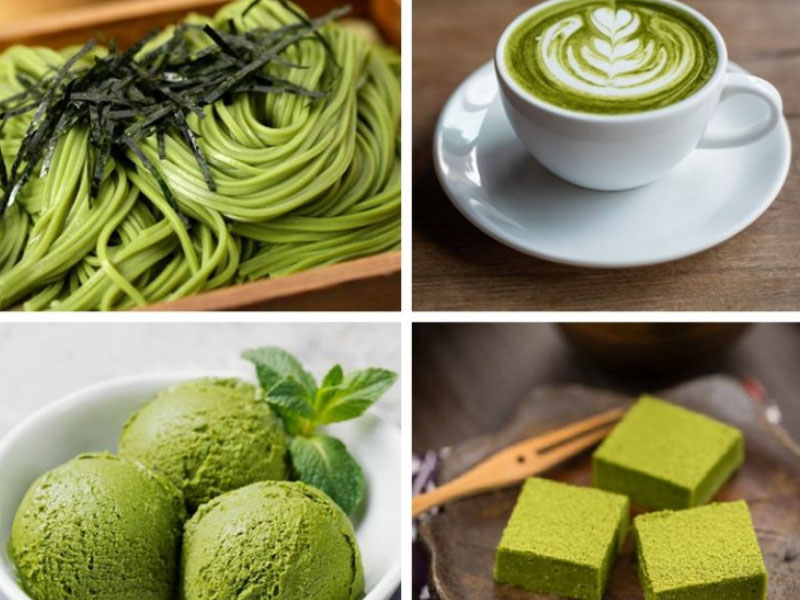
IV. Notes
To adequately promote the benefits of matcha, you should utilize it in moderation and with caution:
- It is suggested to consume less than 5g of matcha per day; however, for beginning drinkers, 2-3g each cup is sufficient.
- Drink matcha after breakfast and in the early afternoon to stay awake and rejuvenated.
- If you drink matcha too soon after eating, your body will have difficulties engaging with and absorbing the nutrients from the matcha.
- Matcha should not be consumed before going to bed since the caffeine level might keep you awake.
- For the greatest effects, slimming persons should combine matcha use with a diet rich in vitamins, fiber, and healthy starch.
- To make the drink more appealing, mix matcha green tea powder with sugar, milk, lemon, and honey.
- Matcha green tea masks with honey, rice flour, banana, vinegar, and lemon can provide greater hydration for all skin types.
- Women who are pregnant or nursing should avoid using matcha since it may impair the body’s capacity to absorb iron.
- Matcha should not be consumed by anyone who has gastrointestinal problems, especially on an empty stomach.
- Consult your doctor about the usage of matcha as well as a proper diet if you are taking certain drugs prescribed by your doctor.
V. Conclusion
Now that you know everything there is to know about the magic of Japanese matcha powder, you can see why it has been regarded as such a valuable commodity for generations. This thing is basically tasty medication. Whether you brew it, shake it, mix it, or blend it into a smoothie, your body and taste senses will thank you.
- Website: https://janbox.com
- Email: [email protected]
- Facebook: https://www.facebook.com/janbox.com.en

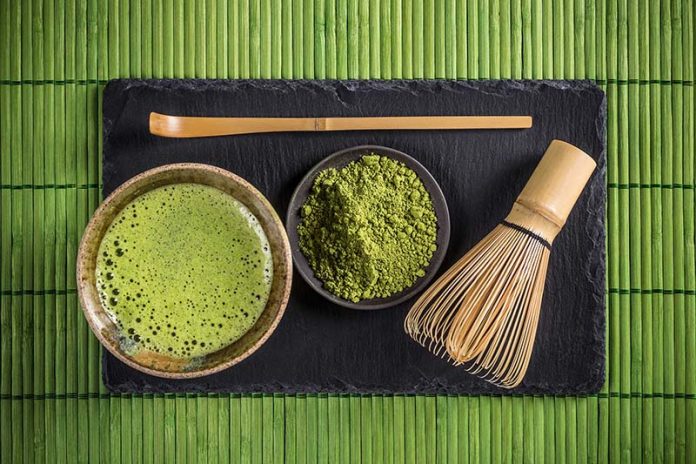
![Mechanical Keyboards from Japan – How to buy [2024] mechanical-keyboards-from-japan](https://janbox.com/blog/wp-content/uploads/2024/03/mechanical-keyboards-from-japan.jpg)


